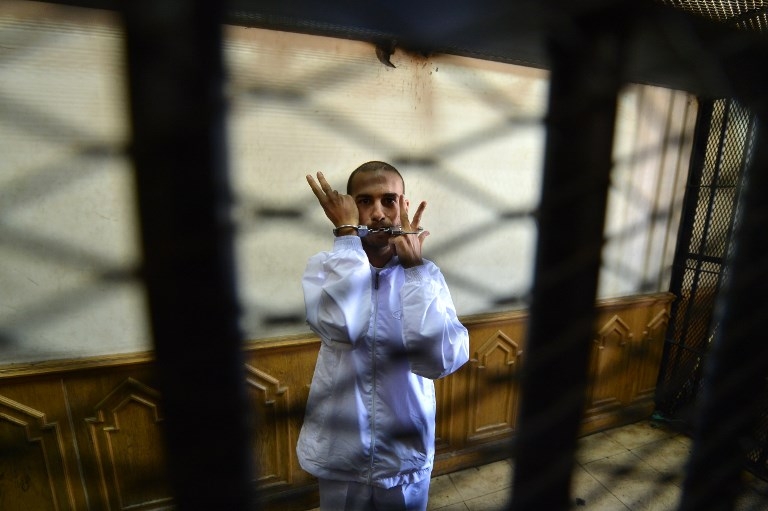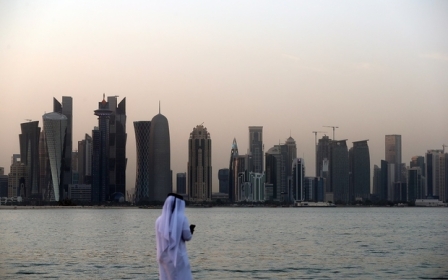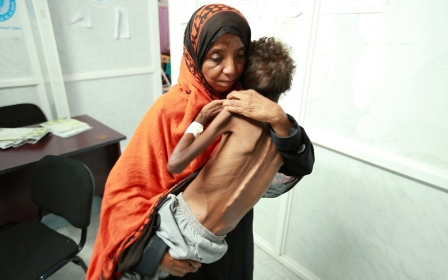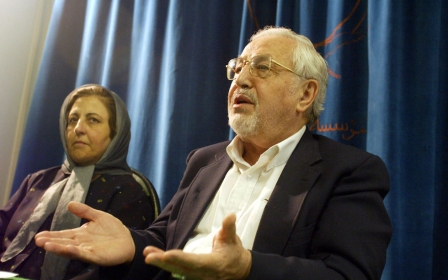Iran and Yemen have most severe blasphemy laws: US report

Iran and Yemen have some of the most punitive laws criminalising blasphemy, according to a report by an American government commission.
Laws prohibiting blasphemy are "astonishingly widespread" worldwide, with many laying down disproportionate punishments ranging from prison sentences to lashings or the death penalty, said the lead author of the report by the US Commission on International Religious Freedom.
Iran, Pakistan, and Yemen score worst, topping a list of 71 countries with laws criminalising views deemed blasphemous.
The bipartisan US federal commission called for repeal of blasphemy statutes, saying they invited abuse and failed to protect freedoms of religion and expression.
"We found key patterns. All deviate from freedom of speech principles in some way, all have a vague formulation, with different interpretations," Joelle Fiss, the Swiss-based lead author of the report told Reuters.
The ranking is based on how a state's ban on blasphemy or criminalising of it contravenes international law principles.
Ireland and Spain had the "best scores", as their laws order a fine, according to the report which said many European states have blasphemy laws that are rarely invoked.
Some 86 percent of states with blasphemy laws prescribe imprisonment for convicted offenders, it said.
Proportionality of punishment was a key criteria for the researchers.
"That is why Iran and Pakistan are the two highest countries because they explicitly have the death penalty in their law," Fiss said, referring to their laws which enforce the death penalty for insulting the Prophet Mohammad.
Blasphemy laws can be misused by authorities to repress minorities, the report said, citing Pakistan and Egypt, and can serve as a pretext for religious extremists to foment hate.
Recent high-profile blasphemy cases include Jakarta's former Christian governor being sentenced to two years in jail in May for insulting Islam, a ruling which activists and UN experts condemned as unfair and politicised. Critics fear the ruling will embolden hardline Islamist forces to challenge secularism in Indonesia.
A Pakistani court sentenced a man to death last month who allegedly committed blasphemy on Facebook, the first time the penalty was given for that crime on social media in Muslim-majority Pakistan.
"Each of the top five countries with the highest scoring laws has an official state religion," the report said, referring to Iran, Pakistan, Yemen, Somali and Qatar. All have Islam as their state religion.
Saudi Arabia, where flogging and amputations have been reported for alleged blasphemy, is not among the top "highest-risk countries", but only 12th, as punishment is not defined in the blasphemy law itself.
"They don't have a written penal law, but rely on judges' interpretation of the Sharia. The score was disproportionately low," Fiss said. "If a law is very vague, it means prosecutors and judges have a lot of discretion to interpret."
Middle East Eye propose une couverture et une analyse indépendantes et incomparables du Moyen-Orient, de l’Afrique du Nord et d’autres régions du monde. Pour en savoir plus sur la reprise de ce contenu et les frais qui s’appliquent, veuillez remplir ce formulaire [en anglais]. Pour en savoir plus sur MEE, cliquez ici [en anglais].




